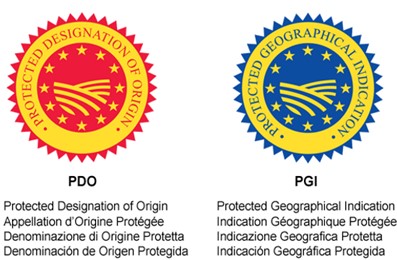When money is involved, crooks and scammers often find a way to rip us off. That can’t be the case regarding extra-virgin olive oil…right? Sadly, some have learned to corrupt the virgin.
In the ancient world, Homer called it “Liquid gold;” I still do.
Some EVOO makers mix their brands with cheaper oils and preservatives and even use spoiled olives to deceive consumers. Ensuring authenticity is not an issue of olive oil snobbery. It can be a health concern. The food fraud can include EVOO mixed with soybean or other seed oils, which can be dangerous to people with allergies.
Olive Oil Police
The increasing awareness of the importance of quality, purity and authenticity of olive oils has prompted significant advancements in fats and oils analysis. Recognizing this, the International Olive Council (IOC) has called upon olive oil chemistry experts from its member countries (of which the United States of America is not) to collaborate on developing more accurate and reliable methods, especially in detecting fraud. This collaboration began in 1988 and continues through biannual meetings.
The collective efforts of these experts have resulted in the adoption of olive oil-specific methods by the IOC. These methods are designed to detect various forms of adulteration, including the presence of seed oils, olive-pomace oil, and traces of halogenated solvents, among other potential contamination. By using technological advances and incorporating new scientific data and research, these methods enhance the ability to control and ensure the quality and authenticity of olive oils.
While scientific analysis is the most accurate way of determining what’s really in your olive oil, there have been “studies” that increase the chances of buying “fake olive oil” by up to 70 percent. This figure is often disputed.
Finding the real deal
Determining authentic olive oil can be challenging, but there are several factors you can consider to increase your chances of finding the real deal. Here are five:
- Read the label: Authentic extra virgin olive oil should clearly state “extra virgin” on the label. Check for additional information, such as the region of origin, harvest date, and the type of olives used. Transparent labels with detailed information are typically a good sign.
- Check for a seal of approval: Some countries or regions have specific seals or logos that certify the authenticity and quality of olive oil. For example, look for the DOP (Denominazione di Origine Protetta or Protected Designation of Origin) or IGP (Indicazione Geografica Protetta or Protected Geographical Indication) seals in Italy. See images of PDO and PGI seals below.
- Consider the price: Authentic extra virgin olive oil is a high-quality product that requires careful cultivation, harvesting, and extraction. Be wary of meager prices, which could indicate lower quality or fraudulent practices.
- Conduct a sensory evaluation: Authentic extra virgin olive oil should have a fresh, fruity aroma and a distinct flavor profile. It might exhibit peppery or grassy notes, depending on the variety of olives used. Take a small sip and assess its taste, consistency, and balance of flavors.
- Buy from trusted sources: Purchase olive oil from reputable retailers or directly from trusted producers. Local specialty shops, farmers’ markets, or reputable online vendors can be good options.
Remember that fraudulent practices exist in the olive oil industry, so it’s important to be vigilant and informed. By doing your research, you can increase your chances of finding authentic and delectable olive oil.
The PDO and PGI seals












